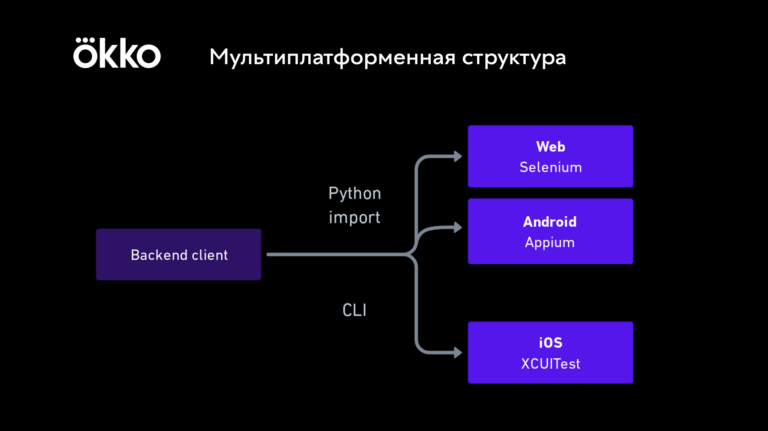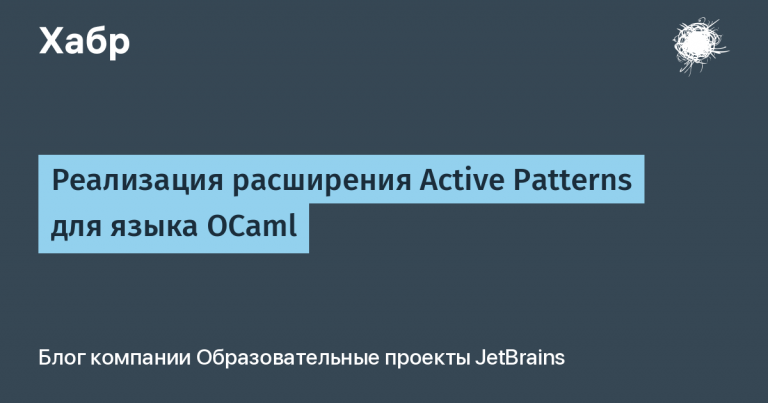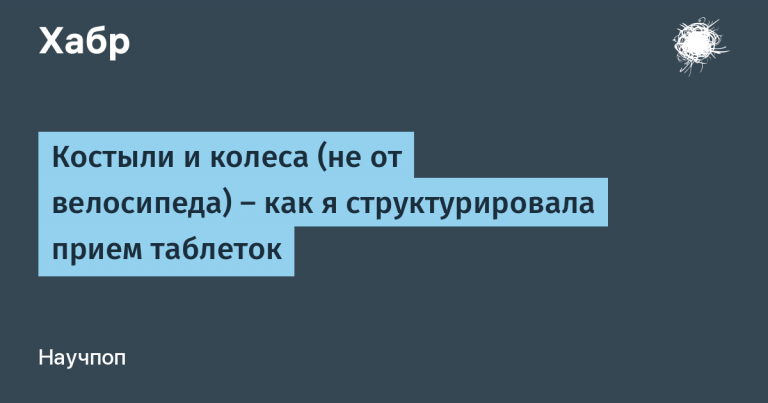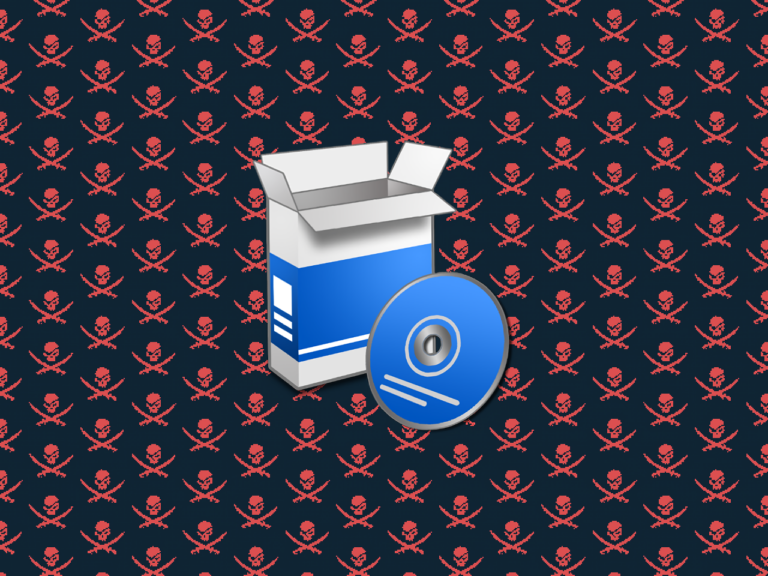PGConf.Russia 2020 Coming Soon
In this article I will talk about what awaits us at the conference. The full program on the site, there is no need to retell it, however I will give the main (or seeming to me main) reports here.

Clusters
Victor Eremchenko from Miro will share his experience with Patroni.
Muhammad Osama of China's HighGo Software talks about providing high availability (HA) with PgPool-II and the latest developments in this product.
A rare topic, a cluster for 1C – see below in the section about 1C.
Andrey Borodin will talk about the Odyssey connection pool created in Yandex and why pgbouncer was not enough for them.
Performance: who has more?
As always, there will be reports at the conference on how people and postgres cope with heavy loads.
Alexey Lesovsky will talk about various means of load scaling in PostgreSQL.
I advise you to pay attention to the report of Alice Kuharchik from Microsoft (at the same time it will become clear why this company bought Citus).
Chris Travers from Adjust promises to tell in detail how they digest petabytes of logs on postgres.
Pavel Konotopov and Leonid Albrecht from inCountry will talk about creating a highly loaded system for storing personal data on a global scale. Curiously, they use nginx to balance the load on PostgreSQL.
Sean Kim will share the recipe for increasing the productivity of a cloud database tenfold.
InCountry's Alexander Spirin talks about the unexpected results of benchmarking between PostgreSQL and Mongo.
Migration
Sergey Burmisov will talk about his move to Clickhouse and back to Postgres, which, as it turned out, does not slow down.
Taras Chikin, the developer of one of the largest medical information systems in Russia, will talk about the migration of this system to PostgreSQL.
Pavel Stehule, PL / pgSQL developer, will talk about how to optimally migrate from PL / SQL to PL / pgSQL in terms of performance.
Ivan Chuvashov will introduce the possibility of data migration using Pentaho.
Alexander Kvaratskhelia from Bars will present the automatic PL / SQL converter created in his company.
Abkhinav Sagar and Premnat Jangam, our guests from India, will also tell about their approach to migration from Oracle and DB / 2.
Oleg Pravdin from Lingua Leo will present his experience of smooth migration from MySQL to PostgreSQL project with 20+ million users.
Other administration issues
Avito Database Development Manager Konstantin Evteev will make a review report on how
work with databases in Avito, and Jose Kores Finotto on how to do it in Gitlab.
The famous DBA Dmitry Vasiliev will talk about how he works with Amazon RDS.
Andrey Zubkov from Parma will present the pg_profile DBMS historical load analysis tool he created, which solves problems similar to Oracle AWR.
Daria Vilkova and Alexander Popov from Postgres Professional will talk about the new monitoring plug-in they created together with Zabbix,
and Ivan Kartishov – about the little-known features of such a simple utility as pg_dump.
Tensor’s technical director Kirill Borovkov will share his experience with query plans, and Data Salvikov Andrei Salnikov will talk about how to better search for bad queries.
From developers about the internal structure of PostgreSQL and new features
Bruce Momgian, one of the oldest and most famous developers, will talk about the device manager locks.
Yegor Rogov, the author of a series of articles about the internal structure of postgres on Habré, will talk about how and why statistics are collected in the database.
Heikki Linkangas talks about how to take advantage of postgres flexibility and create your own data type.
Alexander Korotkov will continue to analyze the bottlenecks of PostgreSQL, and will present the next, thirteenth major release of PostgreSQL 13.
Ibrar Ahmed from Percona talks about the device and the use of FDW.
Applied Development
Kamil Islamov talks about the features of sequences in PostgreSQL.
Bruce Momgian will share various ways of working with non-relational data (it's not just JSON!).
Ivan Frolkov will talk about transaction isolation levels and explain when and why various levels should be applied.
Mahmoud Zakr from the University of Brussels will talk about Mobility DB – a spatio-temporal data storage system created on the basis of PostgreSQL, and Nina Belyavskaya from Mosgortrans – how this system helps public transport in Moscow.
Alexey Fadeev will talk about how he implemented GraphQL using PL / v8.
Oleg Bartunov, the main developer of full-text search tools, will talk about the wide possibilities of full-text search in PostgreSQL.
Vladimir Alyoshin from Avito will talk about how the company works with stored code.
Valery Popov and Nikolai Chadaev from Postgres Professional will talk about the features of creating secure databases using mandatory access control.
1C
PostgreSQL is one of the DBMSs that run products on the 1C: Enterprise platform, and the only such DBMS is the popularity that is growing. Several reports will be devoted to how to use PostgreSQL correctly for 1C.
Dmitry Shitov from the team of Vyacheslav Gilev will talk about the settings of the PostgreSQL optimizer.
Dmitry Puchkov will talk about operational experience and database migration in a large corporation.
Semyon Troshkin will introduce a high availability (HA) cluster for 1C based on Patroni.
Infosoft technical manager Anton Doroshkevich will talk about what 1C-nicknames need from postgres, and how to live while this is not there.
So, it will be interesting, come, register.
I remind you that for representatives of universities – teachers, graduate students and students, participation in the conference is free of charge subject to registration until January 20, 2020.
If you do not have time to submit your report, do not despair – at the end of the conference there will be a traditional session of five-minute blitz reports that will be recorded directly at the conference.
See you!





